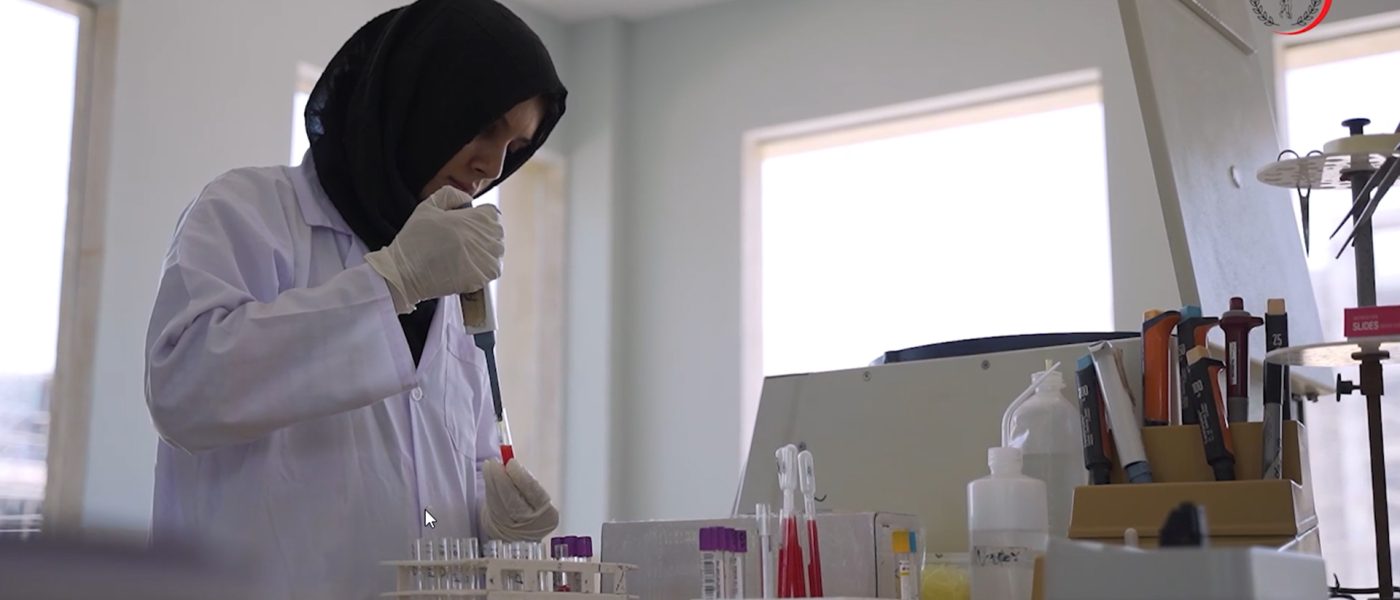- (021) 38230856
- info@koohigothhospital.org.pk
Post: Why Do Hospitals Take So Long? Reasons Explained
Home
News
Single Post

Have you ever wondered why do hospitals take so long, whether your visit is merely for an emergency or a basic check-up?
You are not by yourself. One frequent complaint worldwide about hospitals is long wait times. The delays can be aggravating and perplexing, whether your situation involves an emergency department visit, test result waiting, or admission attempt.
This blog post will go over the reasons why do hospitals take so long, what goes on behind the scenes, and how you could maximize your visit time.
1. Patient Triage System Prioritizing
The triage system is a main factor behind hospitals’ delays. Hospitals rank patients based on sickness severity rather than a first-come, first-served arrangement. Even if you came first, someone arriving with a life-threatening emergency, such as a heart attack or severe bleeding, will be handled before someone with a minor injury or fever.
While this approach saves lives, it also implies that, should your condition not be urgent, you could have to wait more.
2. Overload and Staff Deficit
The scarcity of medical personnel is another major factor causing hospitals to take so long. Particularly in hectic times like flu seasons or pandemics, doctors, nurses, and technicians are frequently stretched thin. Simply said, there aren’t enough experts on hand always to treat every case fast.
From organizing paperwork, insurance claims, and billing to patient check-in, the administrative staff may also be doing hundreds of activities at once.
3. High Patient Load
Particularly in underprivileged areas or big cities, hospitals can quickly get packed. Emergency departments may get overrun with hundreds of daily patients walking in. Some patients visit the ER for non-emergency issues since they lack access to a regular doctor or clinic, therefore adding to the strain.
Therefore, even if you are there for something that seems pressing to you, the type of their ailment and the volume of individuals already under treatment determine your waiting period.
4. Lab Work and Tests Demand Time.
X-rays, scans, or blood tests abound in many hospital visits. These require time to process, even if they appear like easy chores. After samples are gathered, they must be transported to a lab, examined, and then forwarded back to your doctor.
Delays can result from a busy day or from a lab’s short-staffed situation. Another reason why do hospitals take so long is that doctors often wait for test findings before rendering a diagnosis or beginning therapy.
5. Complicated Documentation and Insurance Hold-backs
For their records as well as for your insurance company, hospitals must handle a lot of paperwork. Usually, the hospital requires clearance from your insurance provider before you may receive specific treatments or drugs.
Particularly if there are coverage questions or if the insurance company responds slowly, this back-and-forth correspondence might last hours or perhaps days.
Even if the medical aspect of your visit is handled, all this paperwork helps explain why do hospitals take so long.
6. Await Specialists or Hospital Beds
Sometimes the delay is more related to waiting for space than to therapy. Should a hospital be full, you could have to wait for a bed to open. Likewise, you might have to wait until a specialist, such as a neurologist or surgeon, is free or called in if you need to see them.
This is especially typical in hospitals with high populations or during busy times.
7. Medical Procedures Are Time-Raking and Detailed
Good health requires time. Doctors make treatment plans, assess your medical history, undertake physical exams, and review test findings—they treat your symptoms, not only. This rigorous process guarantees you the correct treatment, but it also means that even a “quick” appointment could take hours.
This is another underappreciated factor causing hospitals’ lengthy delays, particularly in cases when speed is less crucial than accuracy.
8. ER Not Designed Only for Emergencies
Many people visit the ER as their usual doctor cannot schedule a same-day appointment. The ER thus ends up managing both regular cases and actual crises.
ER staff are under a lot of pressure as a result, which delays care for even critical patients. Regardless of their condition, it’s one of the systematic reasons hospitals take so long for everyone.
How can you cut your hospital waiting time?
Although you cannot control everything, these pointers can help you make your hospital visit faster and more seamless:
- Go during off-peak times—early morning or late evening on weekdays.
- If it isn’t an emergency, call ahead; ask about wait times.
- For mild problems, see urgent care centers rather than the ER.
- Bring all required records: ID, insurance card, prescription list.
- Knowing the staff is working hard, keep cool and patient.
Koohi Goth Hospital: Hope for Women’s Healthcare Right Here
Leading charitable institution Koohi Goth Hospital, situated in Karachi, Pakistan, is committed to enhancing women’s health, particularly in underdeveloped and rural areas. The hospital is well-known for offering free treatment for obstetric fistula, a disorder connected to childbirth that seriously compromises thousands of Pakistani women. Apart from surgical treatment, the hospital provides general medical assistance, maternity care, and gynecological services—all free of charge for the patient.
Through midwifery and nursing training courses, Koohi Goth Hospital also empowers women and helps to create a sustainable healthcare workforce in outlying communities. Their goal beyond medical therapy is to restore respect and independence to women who have been excluded owing to avoidable medical issues. Koohi Goth Hospital is still very important in changing lives by means of easily available, first-rate healthcare for all because of its compassionate personnel and emphasis on long-term impact.
Final Thoughts
why do hospitals take so long? Usually, it combines limited staff, great patient volume, thorough procedures, and the necessity of giving urgent events first priority. Although waiting can be annoying, it clarifies the behind-the-scenes events.
Working nonstop, hospitals save lives, treat diseases, and promote public health. Remember the next time you’re waiting: it’s not only about you; it’s about ensuring everyone receives the required care in the sequence it is needed.
